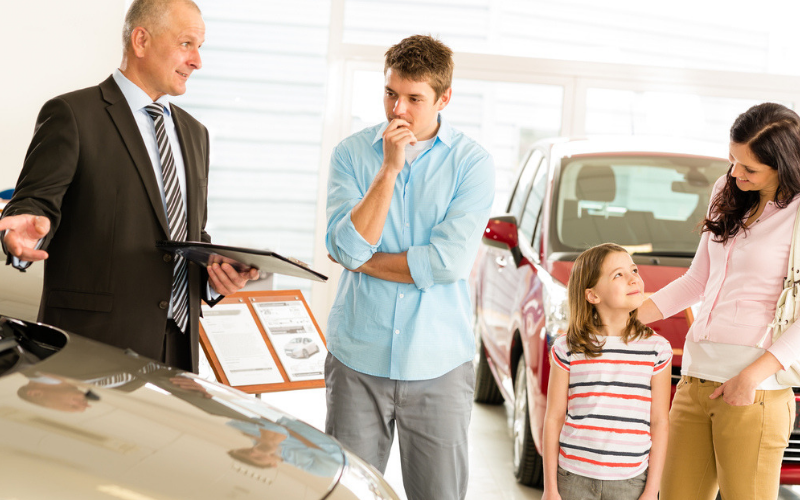Should I Buy or Lease a Car?

New car sales and registrations are as high as they've ever been. According to new car registration figures collected by the Society of Motor Manufacturers and Traders, by January 2015, 164,856 new cars were registered compared to 154,562 new car registrations in January 2013. That's a relatively large increase of 6.66%, which is to say that the UK car market is currently booming.
If you're considering a new car, then you’re obviously not alone. It’s important to note however that while buying your next car will help the wider economy, this isn't the only way to get a new car. With personal contract hire, business contract hire, and of course purchasing, there are several ways to access, register, and drive away in the car you want.
If you're unsure of whether to buy or lease a car, then take a look at the key advantages and differences of the two below.
Leasing
When you lease a car through personal contract or business contract hire, you buy into a long-term agreement similar to rental. The agreement offers you exclusive use of the vehicle for a set period of time for a non-refundable deposit and fixed monthly price. That price factors in the cost of the vehicle, depreciation, and lease profit. It may also factor in maintenance costs, servicing, and MOTs, meaning you won't have to worry about shelling out for these.
Just as buying can work out cheaper than leasing, leasing can work out cheaper than buying. For many people, leasing can provide the opportunity to access a vehicle that they may not have had the budget to purchase. This is because rather than paying out for the full cost of a vehicle in one lump sum, or repaying the entirety of the cost of a car over many years, leasing a vehicle can allow you to spread out the cost of a luxury vehicle over a limited period of time.
Most lease contracts run for around 3 years, after which the car is free to be handed. For many, the option to get a brand new car every few years, and the flexibility this brings, is the most attractive prospect of contract hire.
Buying
The simplest way of purchasing a car is to pay the entire cost of the vehicle in one sum. However, many people now choose to take out a vehicle finance option like personal contract payment, allowing them to repay the cost of the vehicle over a set amount of time. The initial high purchase price of a vehicle can lead some people to choose this way of purchasing, as for many paying in regular monthly payments is a more manageable. The monthly repayment costs are usually more expensive than a regular lease payment, and will be spread out over a longer period.
Buying a car outright can work out cheaper over a three year period than leasing. This is because over a three year period, a car will naturally depreciate, but you will be able to get back a high percentage of the initial purchase price when you resell.
Buying vs. Leasing
When it comes down to deciding on whether to buy or lease a car, you’re going to have to do some sums to work out which is going to be cheaper. Whatever the case, the cost of leasing versus buying varies massively depending on the car you choose.
The greatest cost of buying a car is depreciation. Many cars lose half their value after the first three years of ownership, and some can lose 5 percent or more simply by driving off the forecourt. Because of this, when working out whether it is cheaper to buy or lease, you must get a predicted resale value after three years/ 36,000 miles on the vehicle. A predicted resale value of 55% or more after three years is considered good.
If you're thinking of purchasing a car, you can work out the cost over three years by the taking the price you'd pay for the car and taking away the predicted resale value – this is the total cost of the car over three years/ 36,000 miles.
When you lease a car, it’s a little tougher to work out the cost over three years, but not impossible. The best way to do it is to take your deposit and take the leasing cost per month, and multiply this by 36. Coupled with personal factors like flexibility of choosing a vehicle and willingness to invest in capital, if you work out both the cost of leasing and purchasing over 3 years, you can work out the best route to take when looking for a new car.
Important things to consider:
- Depreciation is the greatest cost when buying or leasing a car
- The predicted resale value and the price you pay for a car are the two most important figures when working out the cost over three years
- Fuel, servicing, car tax, and insurance costs will be the same whether you lease or buy a car.
If you'd like more information about car finance, whether buying or leasing is best for your situation, why not compare the contract hire deals and new cars for sale and best electric car deals on our website. Or, just get in touch with a dealership near you, and talk to a member of the team about the options that are best for you.